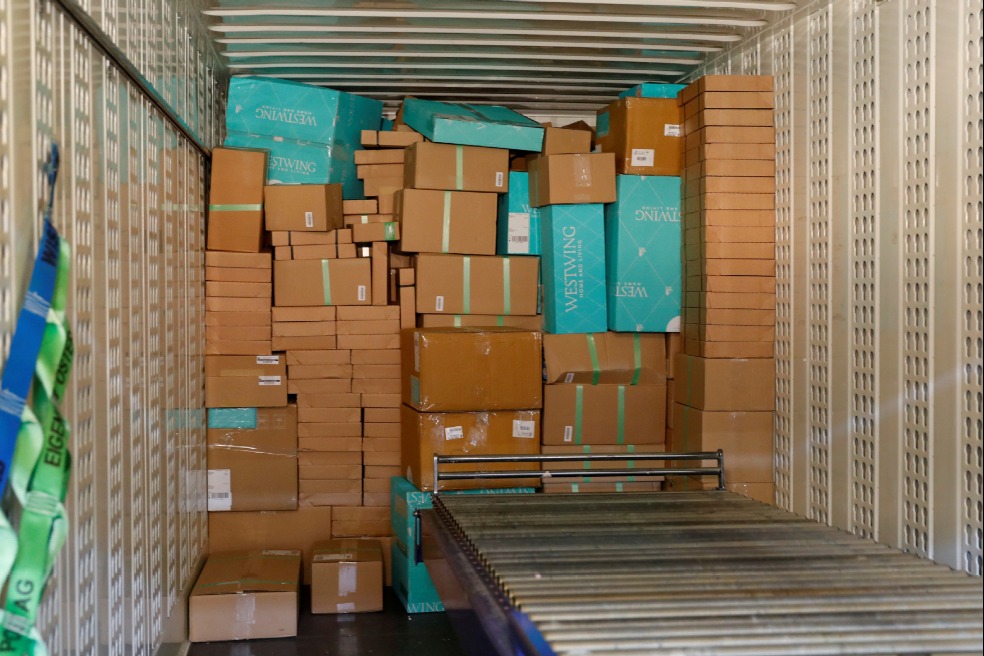Wildfire emissions across EU countries hit record high


Climate-warming emissions from wildfires across the European Union have reached record high this year, with more than 1 million hectares burned since January, an area larger than Cyprus.
Fires across the continent, especially in Spain and Portugal, have emitted about 38 million tons of carbon dioxide so far, surpassing Sweden's annual CO2 output, according to the European Forest Fire Information System, or EFFIS.
That total is more than double the 20-year average for this point in the year, EFFIS reported.
Spain and Portugal are enduring their worst wildfire season on record, with August blazes killing at least seven people, displacing thousands, and destroying homes and crops as the peninsula baked under heat waves.
Mark Parrington, a senior scientist at the EU's Copernicus Atmosphere Monitoring Service, told The Guardian newspaper the fires sweeping the Iberian Peninsula this month have been "exceptional".
"The large quantities of smoke — and especially PM2.5 — released into the atmosphere have resulted in severely degraded air quality locally, and further afield across the Iberian Peninsula and parts of France."
He added that in Spain, fire-related emissions this year are already about four times the average annual total.
A total of 1.028 million hectares have burned across the EU so far this year, the highest year-to-date since records began in 2006, and already exceeding the previous full-year high of about 998,000 hectares in 2017.
Spain and Portugal account for about two-thirds of the EU's burned area, according to a Reuters analysis of EFFIS data, which show a spike in fires between Aug 5 and Aug 19, coinciding with a 16-day heat wave in the Iberian Peninsula.
Cristina Santin Nuno, a fire scientist with Spain's National Research Council, was quoted by The Guardian as saying the "perfect conditions "for large, dangerous wildfires are occurring more often due to climate change and land-use practices. "It is sad and scary — my home region is burning right now — but not surprising, really," she said.
She added that a "catastrophic "wildfire season is unlikely every year, but the likelihood of record-breaking seasons is increasing annually.
It is "highly probable" the record in 2025 will be broken again within a few years, she said. "This is a new reality. And the sooner we realize it, and take action to be more resilient to these types of wildfires, the better."

































